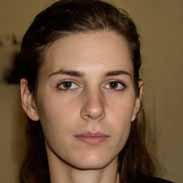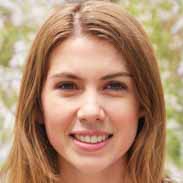Health Belief Model Flashcards, test questions and answers
Discover flashcards, test exam answers, and assignments to help you learn more about Health Belief Model and other subjects. Don’t miss the chance to use them for more effective college education. Use our database of questions and answers on Health Belief Model and get quick solutions for your test.
What is Health Belief Model?
The Health Belief Model (HBM) is an important theoretical framework for understanding health behaviour and plays a key role in health promotion and preventive medicine. It suggests that people will act to maintain or improve their health when they believe they are at risk of developing a health problem, that the benefits of acting outweigh the costs, and when there are no barriers preventing them from doing so. The model also assumes that individuals have some level of knowledge about their health status and the means to take action to address it.The HBM is based on four components: perceived susceptibility, perceived severity, perceived benefits, and perceived barriers. Perceived susceptibility is how likely an individual believes they are to get sick or experience a negative outcome if exposed to a certain risk factor. Perceived severity refers to how serious an individual believes that illness or injury would be should they become exposed or contract it. Perceived benefits refer to how good an individual thinks taking preventive action will be for their overall well-being. Finally, perceived barriers refer to any obstacles an individual perceives as preventing them from taking preventive action such as lack of time or resources. The Health Belief Model has been widely used by public health professionals in designing interventions aimed at changing people’s beliefs about their own care and prevention strategies for various conditions such as cancer screenings and vaccinations. By understanding these four facets influencing behaviour change perceived susceptibility, severity, benefits, and barriers public health professionals can develop more effective interventions tailored specifically to each target population’s needs and concerns about engaging in preventive care practices like regular physical activity or healthy eating habits.









